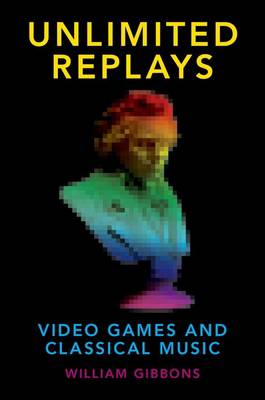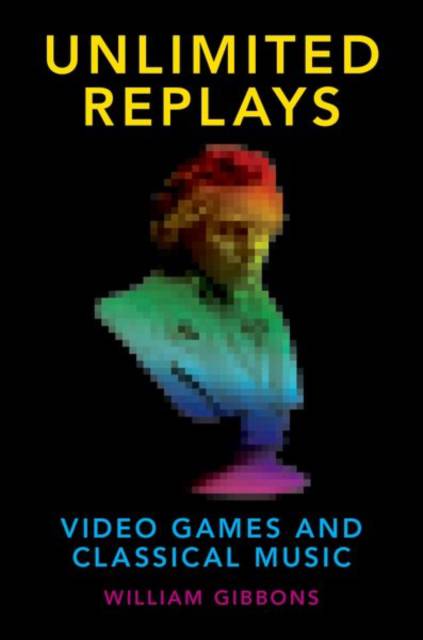
Je cadeautjes zeker op tijd in huis hebben voor de feestdagen? Kom langs in onze winkels en vind het perfecte geschenk!
- Afhalen na 1 uur in een winkel met voorraad
- Gratis thuislevering in België vanaf € 30
- Ruim aanbod met 7 miljoen producten
Je cadeautjes zeker op tijd in huis hebben voor de feestdagen? Kom langs in onze winkels en vind het perfecte geschenk!
- Afhalen na 1 uur in een winkel met voorraad
- Gratis thuislevering in België vanaf € 30
- Ruim aanbod met 7 miljoen producten
Zoeken
Unlimited Replays
Video Games and Classical Music
William (Assistant Professor of Musicology, Assistant Professor
€ 186,45
+ 372 punten
Omschrijving
Classical music is everywhere in video games. But what does it reveal about the cultural value we place on entertainment? Replay Value offers a new perspective on the possibilities and challenges of trying to distinguish between art and pop culture in contemporary society.
Specificaties
Betrokkenen
- Auteur(s):
- Uitgeverij:
Inhoud
- Aantal bladzijden:
- 210
- Reeks:
Eigenschappen
- Productcode (EAN):
- 9780190265250
- Verschijningsdatum:
- 10/05/2018
- Uitvoering:
- Hardcover
- Afmetingen:
- 236 mm x 160 mm
- Gewicht:
- 499 g

Alleen bij Standaard Boekhandel
+ 372 punten op je klantenkaart van Standaard Boekhandel
Beoordelingen
We publiceren alleen reviews die voldoen aan de voorwaarden voor reviews. Bekijk onze voorwaarden voor reviews.









